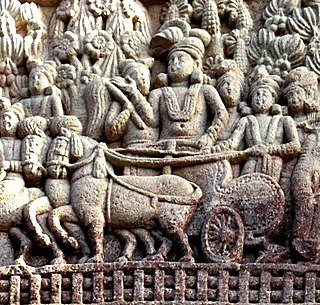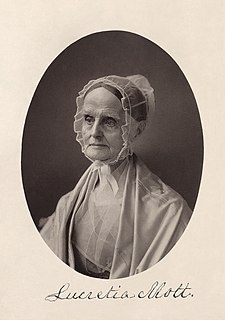A Quote by H. P. Blavatsky
Every one of the numberless religions and religious sects views the Deity after its own fashion; and, fathering on the unknown its own speculations, it enforces these purely human outgrowths of overheated imagination on the ignorant masses, and calls them "revelation." As the dogmas of every religion and sect often differ radically, they cannot be true. And if untrue, what are they?
Related Quotes
There is a broad distinction between religion and theology. The one is a natural, human experience common to all well-organized minds. The other is a system of speculations about the unseen and the unknowable, which the human mind has no power to grasp or explain, and these speculations vary with every sect, age, and type of civilization. No one knows any more of what lies beyond our sphere of action than thou and I, and we know nothing.
Religion shows a pattern of heredity which I think is similar to genetic heredity. ... There are hundreds of different religious sects, and every religious person is loyal to just one of these. ... The overwhelming majority just happen to choose the one their parents belonged to. Not the sect that has the best evidence in its favour, the best miracles, the best moral code, the best cathedral, the best stained-glass, the best music when it comes to choosing from the smorgasbord of available religions, their potential virtues seem to count for nothing compared to the matter of heredity.
The true value of the Christian religion rests, not upon speculative views of the Creator, which must necessarily be different in each individual, according to the extent of the knowledge of the finite being, who employs his own feeble powers in contemplating the infinite: but it rests upon those doctrines of kindness and benevolence which that religion claims and enforces, not merely in favour of man himself but of every creature susceptible of pain or of happiness.
Every age, every culture, every custom and tradition has its own character, its own weakness and its own strength, its beauties and cruelties; it accepts certain sufferings as matters of course, puts up patiently with certain evils. Human life is reduced to real suffering, to hell, only when two ages, two cultures and religions overlap
The American states have gone far in assisting the progress of truth; but they have stopped short of perfection. They ought to have given every honest citizen an equal right to enjoy his religion and an equal title to all civil emoluments, without obliging him to tell his religion. Every interference of the civil power in regulating opinion, is an impious attempt to take the business of the Deity out of his own hands; and every preference given to any religious denomination, is so far slavery and bigotry.
All religions are not the same. All religions do not point to God. All religions do not say that all religions are the same. At the heart of every religion is an uncompromising commitment to a particular way of defining who God is or is not and accordingly, of defining life's purpose.
Anyone who claims that all religions are the same betrays not only an ignorance of all religions but also a caricatured view of even the best-known ones. Every religion at its core is exclusive.
Your sect [the Jews] by its sufferings has furnished a remarkable proof of the universal point of religious insolence, inherent in every sect, disclaimed by all while feeble and practised by all when in power. Our laws have applied the only antidote to this vice, protecting our religions, as they do our civil rights, by putting all on equal footing. But more remains to be done.

































